Music / Turkey
Voice of a nation
Istanbul musician Melike Sahin’s literary lyrics and stage presence have helped create a modern diva.
Turkey’s music scene is so vibrant and eclectic that many Western stars are unheard of here. This homegrown dominance became even more unassailable in the mid-2010s when a period of political turbulence led to international acts cancelling their tour dates in the country. And while some notable international artists are creeping back to the country’s concert venues, it is still locals who dominate the music scene. Artists who merge the sounds of old Anatolian folk music and psychedelia, along with the artistic vision of a new generation and the occasional input of international collaborators, have the market singing to their tune.
While mid-20th century Turkish pop stars confined themselves to producing covers of international hits, today the Turkish sound is distinctive and already popular across the Middle East and Eastern Europe. Now that sound is starting to reach Western audiences. A boom in Turkish film and television – spurred by the success of hit series including the 2020 Netflix drama Ethos and the bbc’s recent The Turkish Detective – is giving Turkish music global visibility. Acts such as Altın Gün, a Turkish-Dutch rock group, and Hey! Douglas, the stage name of Ankara-born DJ Emin Yasin Vural, have already found global success.
Melike Sahin is poised to be the next breakout star. Her forthcoming show in London in November will be her first time performing in front of a UK audience. “I hope that I can explain something about Turkish music and show the audience that it is easy to catch onto,” says the 35-year-old Sahin when monocle visits her at her home, a traditional wooden villa overlooking the Bosphorus. Sahin’s crystal vocals and ethereal style have propelled her to the forefront of a new wave of musicians who are bringing Turkish music to the world. “I want audiences to see a young, modern Turkish diva who has hopes of becoming a global name.”
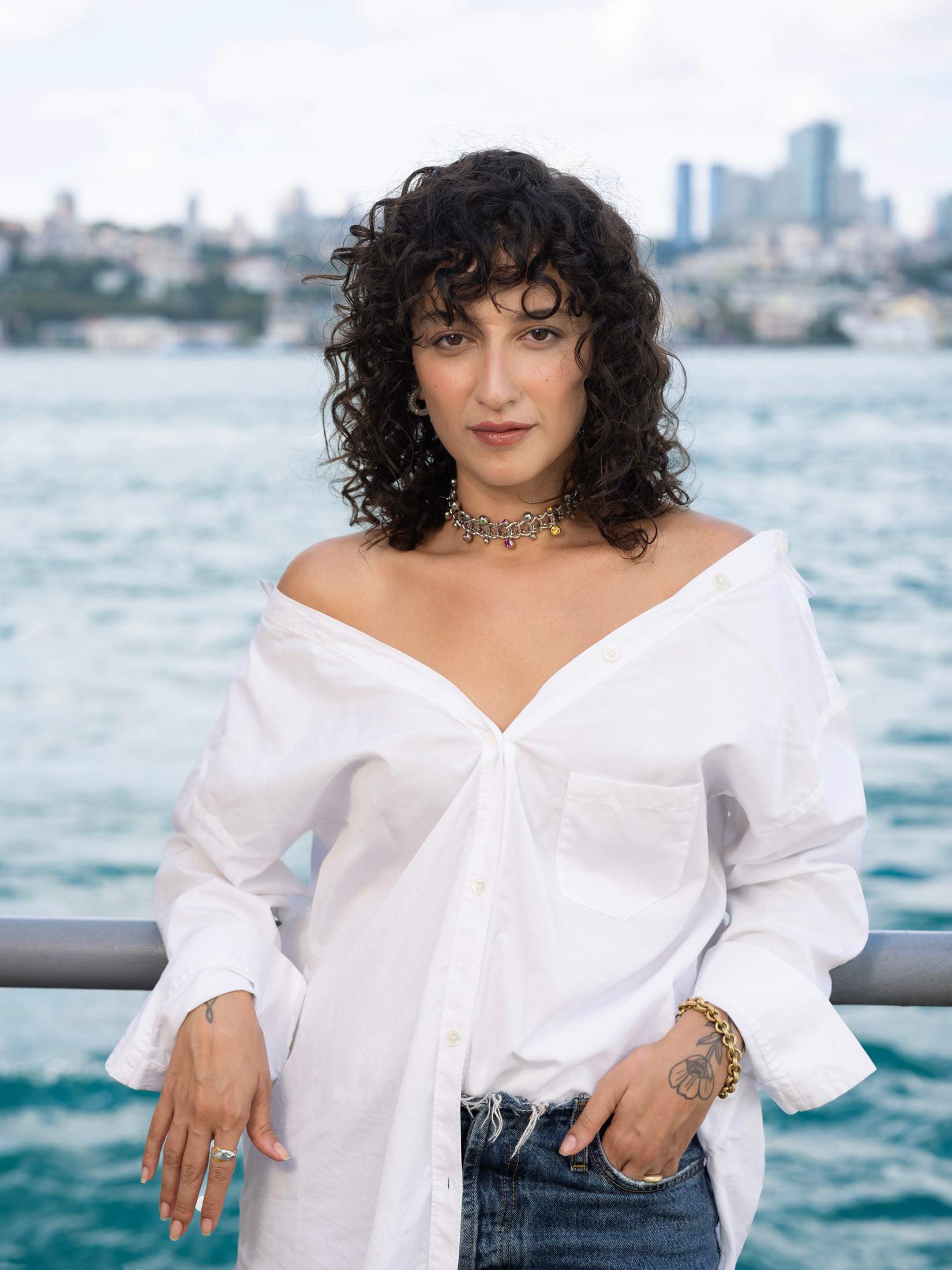
Sahin’s concert will come shortly after the release of her album Akkor, which was recorded in London, New York and Istanbul, alongside a cast of guest stars – including drummer Sterling Campbell, best known for his work with David Bowie. The album is produced by Martin Terefe, a Swede who has collaborated with artists including Beverley Knight and Coldplay. “The main connection between East and West happened in London,” says Sahin. “I was abroad with new musicians and new ideas, and that gave me inspiration. When those musicians arrived, a new fusion happened.”
Akkor is still an unmistakably Turkish album. The opening track, Sag Salim, announces itself with a bar of pounding drumbeats and then a set of bold minor chords, before giving way to Sahin’s vocals. But it is also pared-back and elegant, stripped of the rococo flourishes that adorn more traditional Turkish songs, and reminiscent of the minimalism of London Grammar. There are the sounds of classic eastern instruments such as the oud, a stringed instrument that looks something like a lute, but also choral backing vocals that add a euphoric quality to the closing bars of songs such as Ifsa. You can even sense a hint of drum’n’bass in the rhythms of the track “Beni Ancak”. Sahin’s lyrics and performances elevate the music with the kind of theatricalism and storytelling that is a hallmark of Kate Bush and, like the legendary UK singer, she says that she takes much of her inspiration from literature. “Sometimes, when I am reading a novel, one word inspires me and I start to write a song based on that. My main inspiration is to explain the inexplicable.”
In turn, Sahin’s lyrics are inspiring a generation of Turkish women. In recent years, her words have been appearing on placards at women’s-rights demonstrations. One of her lyrics has become iconic: “I deserve each and every inch of this smile.” In a country where, in 2014, the deputy prime minister said that women should not laugh out loud in public – and where rates of femicide appear to be rising – this is more than an abstract statement. In 2021, Turkey withdrew from the Istanbul Convention, an international treaty designed to combat gender-based violence. Protests in opposition to the withdrawal were met with violent police crackdowns. Sahin has leant into her feminism with Akkor, an album that she says is centred on the themes of rebirth and survival.
“I enjoy writing things that I am not able to shout on the streets,” she says. “The problems in Turkey are serious. We are not talking about wage differences; the number of murders of women is huge. It is our job as artists to say that this is wrong. I feel useful when I see my lyrics on the placards. When I first saw that, my eyes were full of tears of pride for being their sister.”
Sahin first entered the spotlight as a frontwoman with Baba Zula, a group formed in 1996 that features a changing cast of musicians and spans genres from folk to electronica. With them Sahin honed her vocal style, which she has been developing since she first started singing at family gatherings as a child.
Sahin was born in Istanbul to a family originally from Sivas in eastern Anatolia and attended high school in the affluent district of Besiktas. While she was a teenager, she took singing lessons from Timur Selçuk, a legendary Turkish composer and vocal coach who twice participated in the Eurovision Song Contest. The outcome was Sahin’s signature: lilting, melancholy moments in which she hits several notes within one syllable. She continued to sing in choirs as a hobby while studying for a degree in sociology at Istanbul’s prestigious Bogaziçi University, adding Latin choral music to her repertoire. Then, on graduating, she went straight into music.
After six years fronting Baba Zula, Sahin decided to set out as a solo artist in 2018. It seemed a bold move at the time: she was a relatively new voice, leaving an institution to go it alone. But Sahin says that she knew it was the right moment. “It was my time to fly.” Her first album, Merhem, which she released in 2021, was an instant hit. Off the back of the release, she played more than 100 shows in Turkey and around the world. She has had more than 460 million downloads as a solo artist, her first hit being “Olur Mu”, a duet with Turkish rapper Gazapizm. The video for the next and biggest, “Diva Yorgun”, is a camp pastiche of Turkey’s club culture that plays on Sahin’s diva stage persona.
In person, Sahin is slight and diminutive, and speaks with a friendliness that is rare among well-known musicians. Onstage, however, she is unrecognisable. Her costumes and styling match those of the most flamboyant Turkish legends and she stalks the stage, conversing with her audiences. Her favourite Istanbul venue is the Cemil Topuzlu theatre in Harbiye, a huge open-air arena with a 4,500 capacity and which has been the setting for some of the most iconic performances in Turkish music history. “It was my childhood dream to perform there,” she says.
In London, her stage will be more intimate: Earth has a capacity of 1,200 and hosts some of the UK’s most loved DJs and alternative artists. At a time when live music seems to be swinging towards huge, impersonal (and prohibitively expensive) stadium shows, it promises to be an antidote.
Every part of Sahin’s performance is intentional and planned out months ahead. “Right now we are designing the new stage and I am going to the costume fittings. As a control freak, I am there for every part. I consider the emotional flow of my shows. I start with the serious emotions and by the end I am making them dance. It’s not just about the singing or the costumes. It’s about opening my heart to my audience.” —
Where to start
Five Melike Sahin songs to get you moving.
1. Olur Mu (with Gazapizm)
2. Durma Yürüsene
3. Diva Yorgun
4. Ortak
5. Düldül (with Mabel Matiz)
Turkish pop timeline
1940s: Artists including Suat Sayın and Haydar Tatlıyay popularise Arabesque, a style of music with Arabic roots and a lyrical focus on nostalgia and longing.
1950: Zeki Müren wins trt Istanbul Radio’s music competition and performs live on the station a year later, kick-starting a four-decade music career.
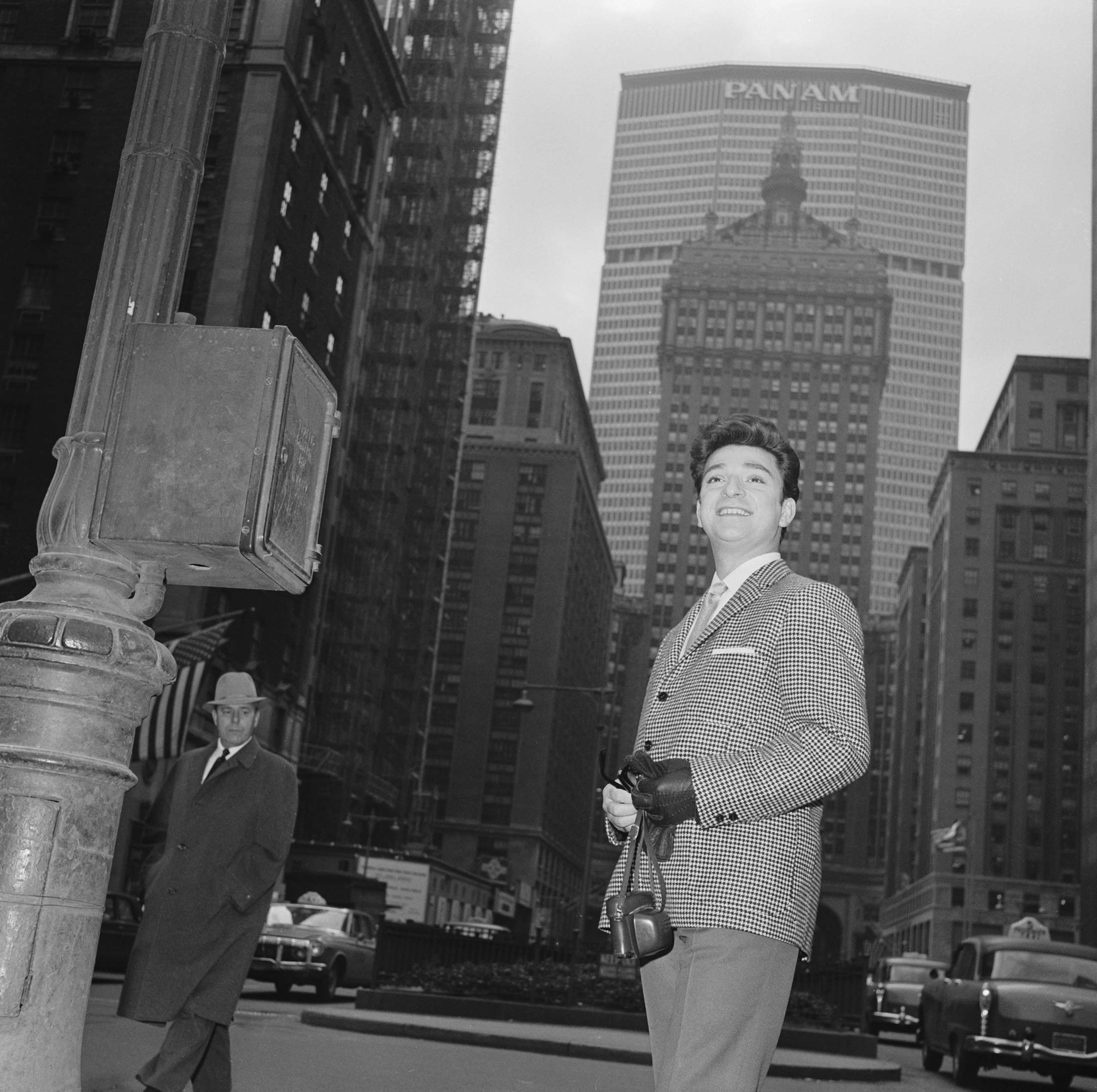
1968: Ajda Pekkan, Turkey’s first modern pop megastar, releases her debut LP. Many of her early releases are Turkish-language covers of classic tracks, including “I Will Survive”. Now 78, Pekkan still releases music and performs stadium shows.
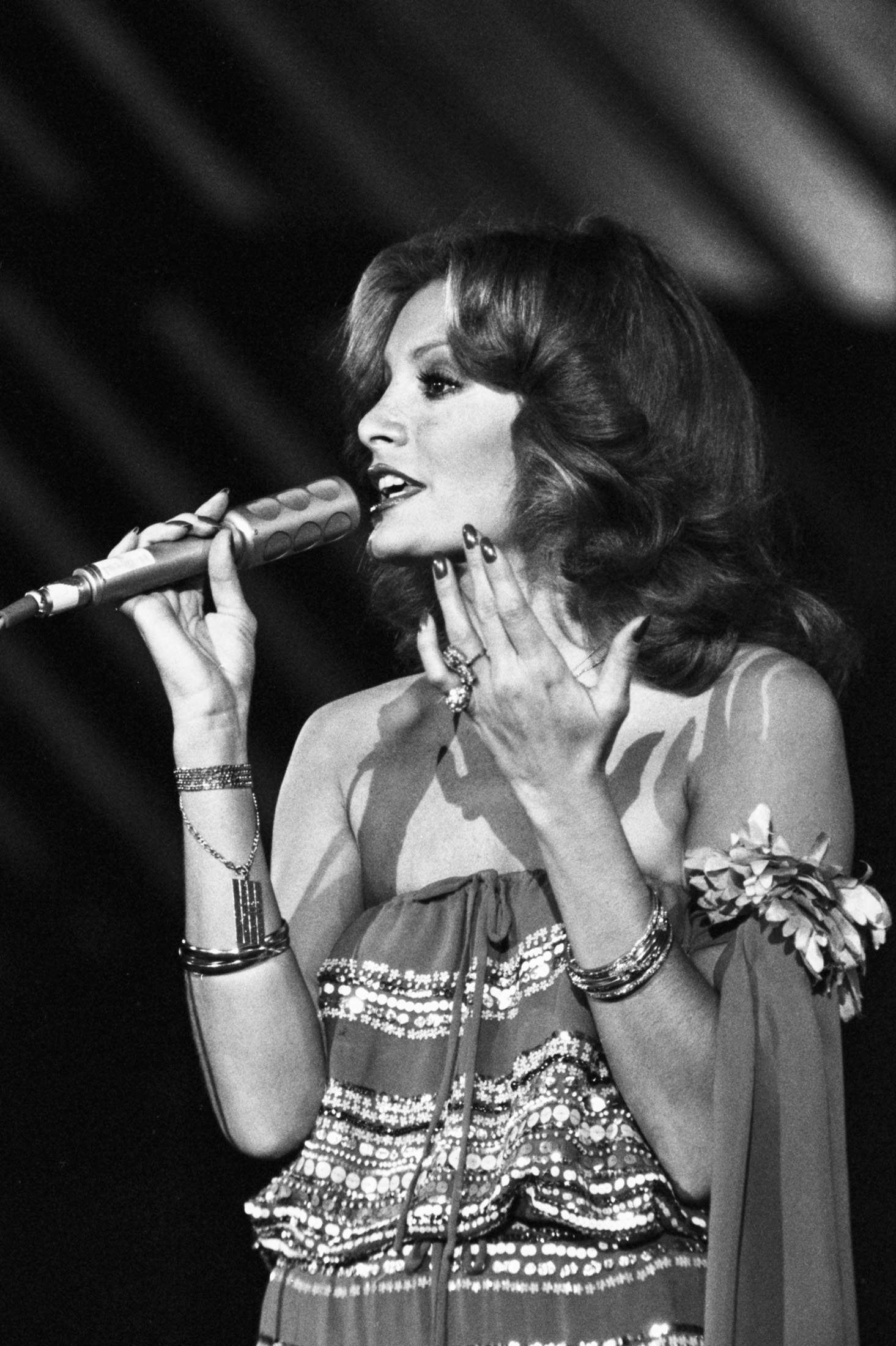
1973: Anatolian psychedelic star Barıs Manço makes Turkey’s first music video to accompany his single “Hey Koca Topçu”, eight years before the launch of mtv popularised the concept of music videos globally.
1980: A military junta overthrows the government and imposes strict cultural censorship until the restoration of democratic elections three years later.
1997: Tarkan’s Sımarık becomes a smash and its riff is widely sampled. Five years on, Holly Valance’s English cover goes to number one in the UK.
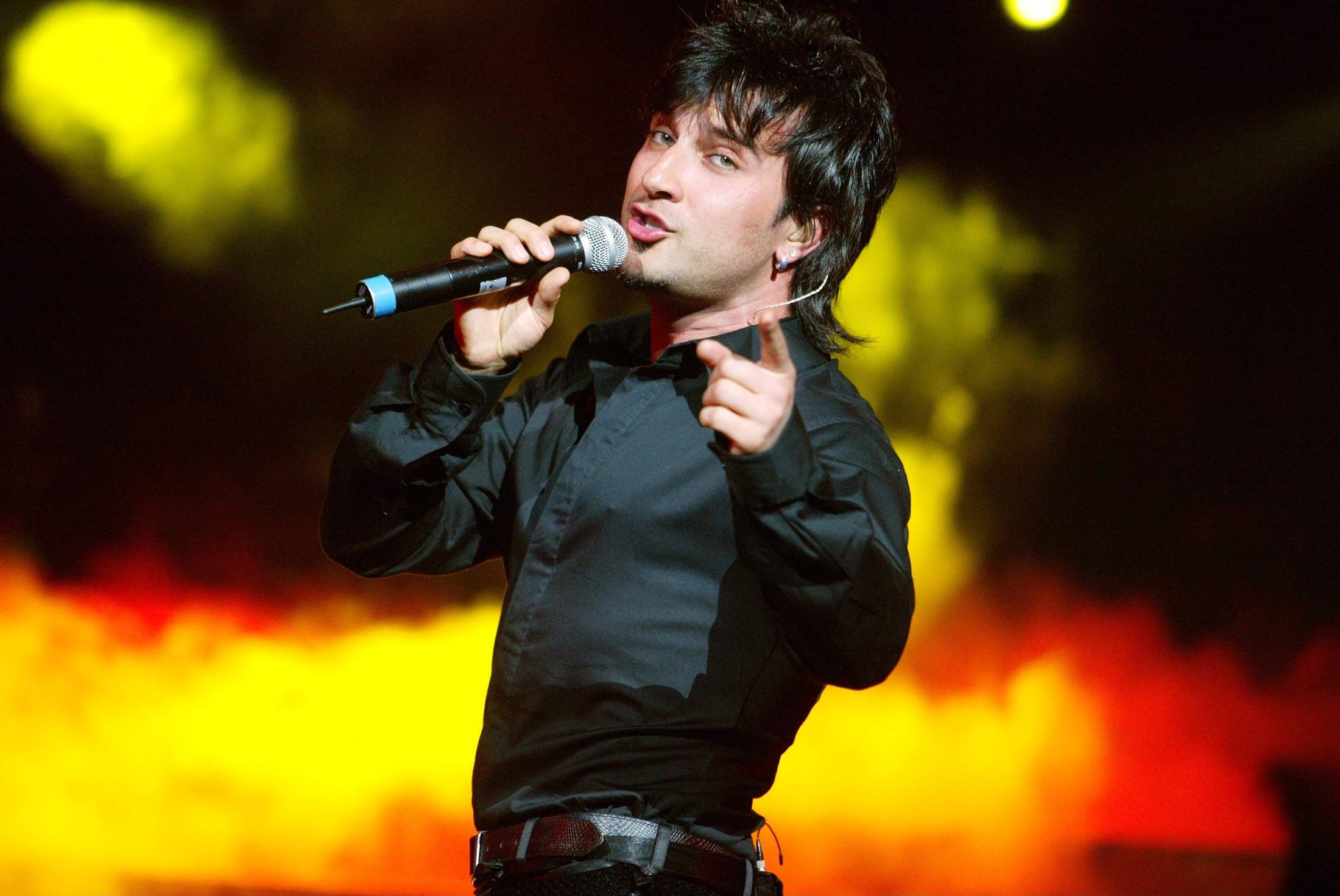
2003: Sertab Erener wins the Eurovision Song Contest with Every Way That I Can.
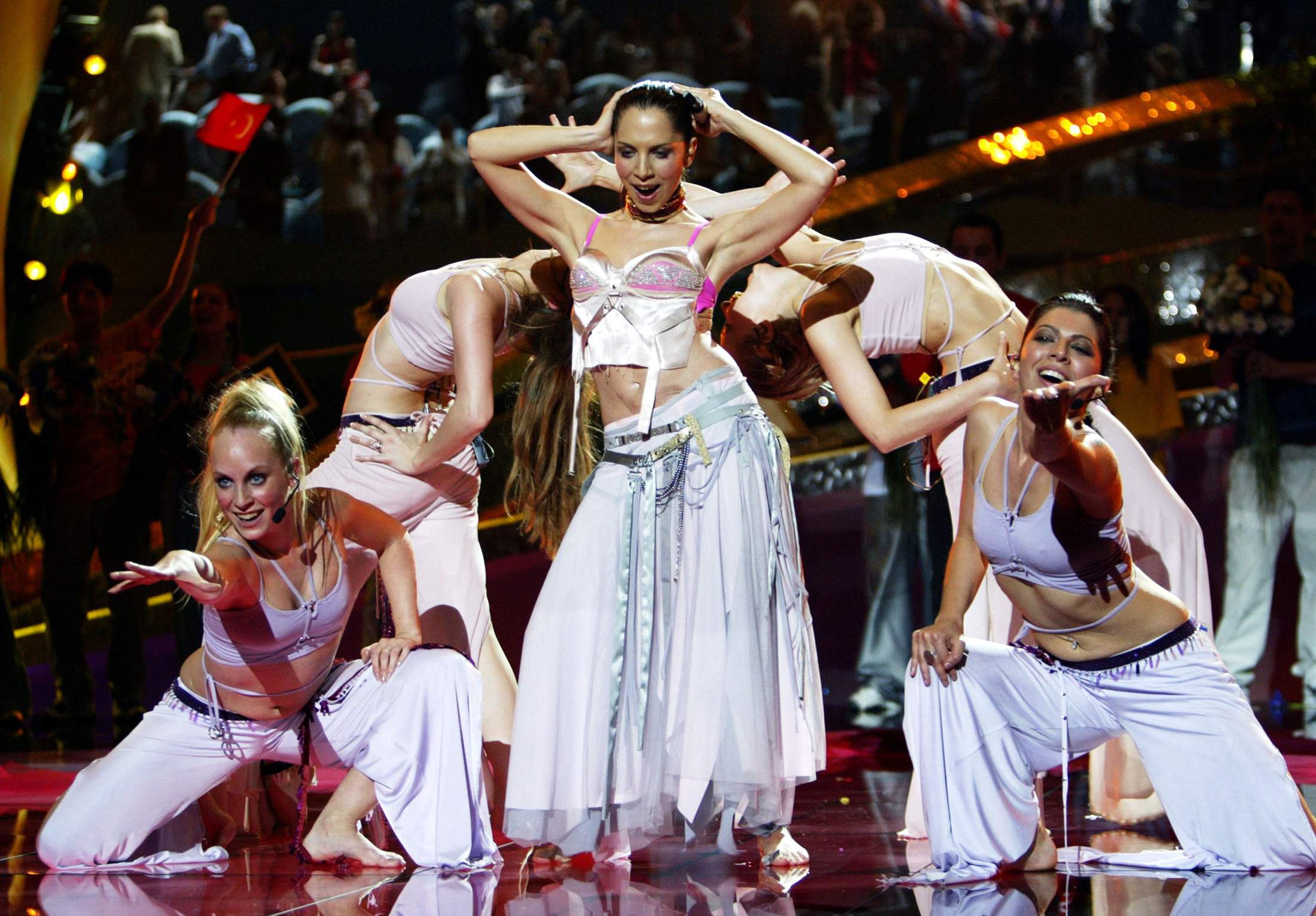
2008: Mabel Matiz becomes the first Turkish pop star to break out on Myspace.
2018: The head of trt says that Turkey is unlikely to compete in Eurovision again in the near future.
2022: Arabesque singer Ibrahim Tatlıses breaks Turkey’s live music record, playing to 120,000 people in four days.



